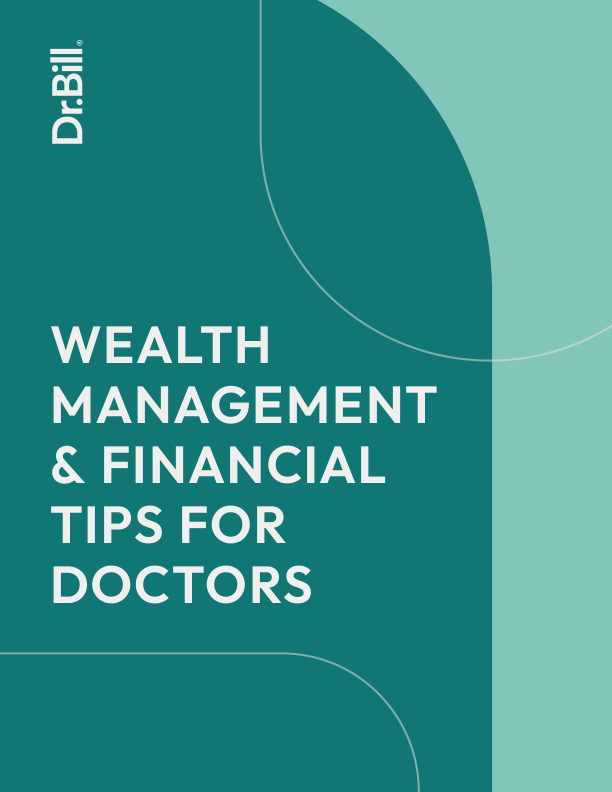This article was originally published by RBC Healthcare.
Once you start making a salary as a resident, it can be difficult to decide what financial goal to focus on to help set you up for financial success later: paying down debt or building your savings.
Deciding what works for you depends on your debt load, personal goals, and attitudes toward money. To figure out your plan, start by asking yourself these four key questions:
1. What's my financial situation?
First, assess your financial health. Knowing how to manage your financials is important. Create a balance sheet that lists your assets, liabilities, earnings, and expenses.
- Assets include anything you own, like a car or your savings.
- Liabilities refer to anything you owe, like credit card debt or student loans.
- Earnings refer to your net income.
- Expenses include everything from rent and utilities to groceries and gym memberships.
Review the numbers to figure out how much of your monthly income you need to set aside for expenses and minimum debt payments. From there, you'll be able to see how much money you have left over for savings or additional debt payments.
2. What are my personal goals?
It's important you ask yourself: What you'd like to achieve personally and financially in the next five to 10 years? Maybe you want to start a family, grow your retirement fund, or plan a bucket-list trip. Your goals will influence your financial decisions and influence paying off your debt. If you want to purchase property in a pricey area, for example, you may need to start saving sooner for a down payment.
Prioritize your goals, and consider also building an emergency fund in case the unexpected happens.

Free eBook: Wealth Management and Financial Tips for Doctors
3. What kind of debt do I have?
Different types of debt can have different impacts on your finances.
To understand the size and severity of your debt, look at these five factors:
- Is your loan private or public
- How much money you owe
- The interest rates for each kind of debt
- The repayment terms
- Your minimum monthly payments
Keep in mind that your attitude toward debt will also play a role in your plan. If you feel confident you can pay any debts back over time, making minimum payments might be sufficient. If you're dealing with anxiety or feeling overwhelmed because of your debt, you may want to work toward paying it off quickly to save yourself stress.
4. What are the pros and cons of each option?
Now that you have a better grasp of your financial situation as a resident, weigh the advantages and disadvantages of saving versus paying down debt.
Focusing on paying down loans/debt:
| Pros | Cons |
|---|---|
| Saving money on interest over time | You have to make financial sacrifices |
| Freeing up money after debts are paid | It may take longer to build your savings |
| Potential stress reduction |
Focusing on savings:
| Pros | Cons |
|---|---|
| The earlier you start saving, the more your money can grow over time | Debts take longer to pay off |
| Money can be used for various life goals like buying a home, auto, or creating an emergency fund. | Interest on debts increases the total amount you pay over time |
Deciding whether to pay off your debt or save can be a tough decision, but reviewing your finances and clarifying your goals can help. For more in-depth analysis and additional financial tips, download our free eBook: Wealth Management and Financial Tips for Doctors.
Curious to learn more about handling your finances during residency? Talk to one of the many dedicated RBC Healthcare Specialists.






